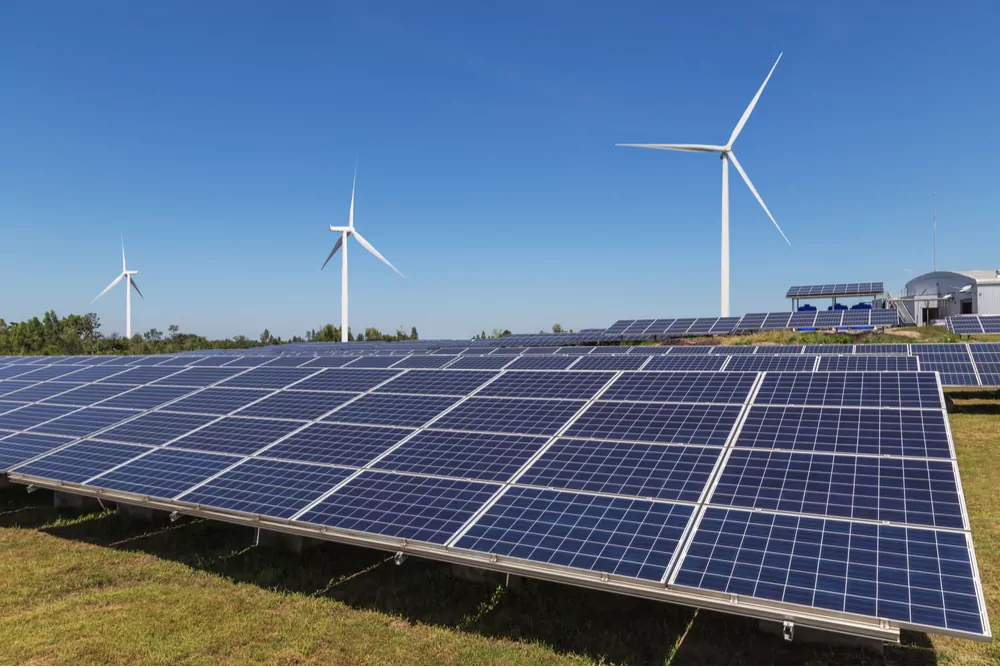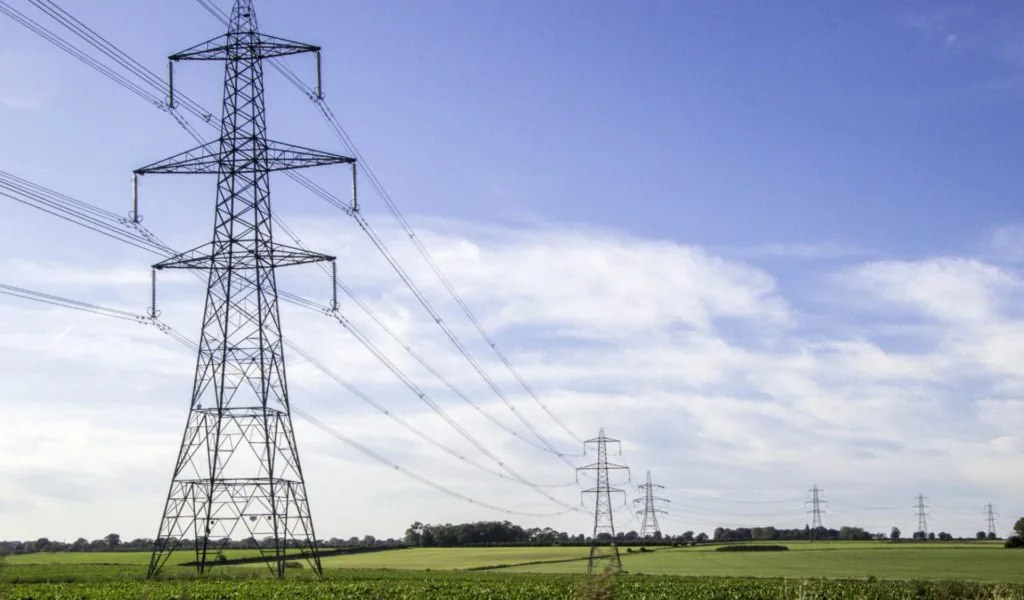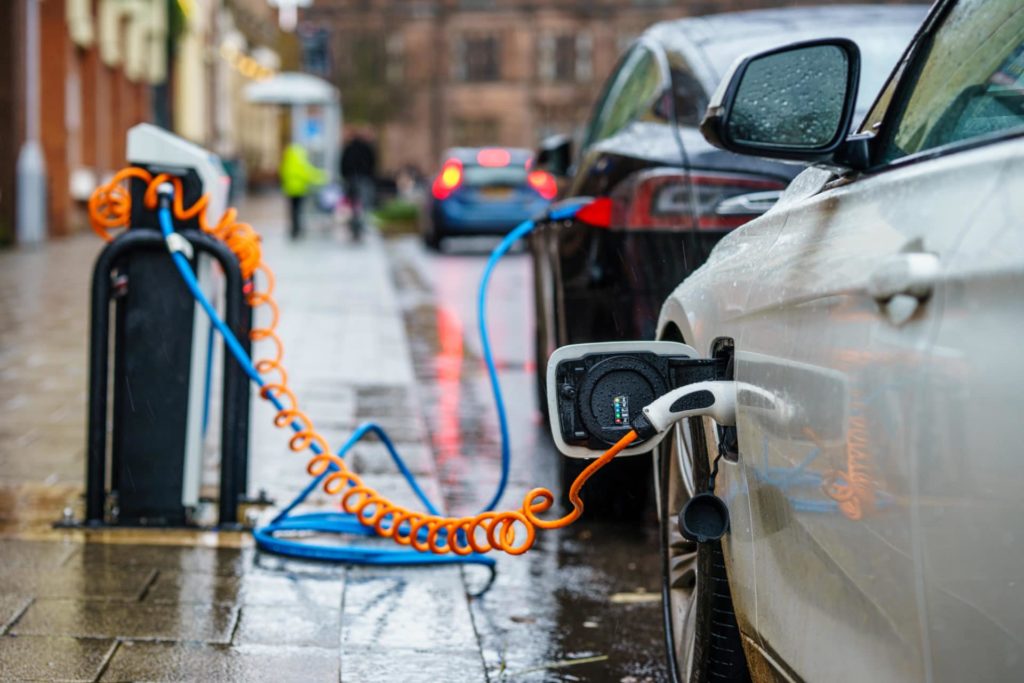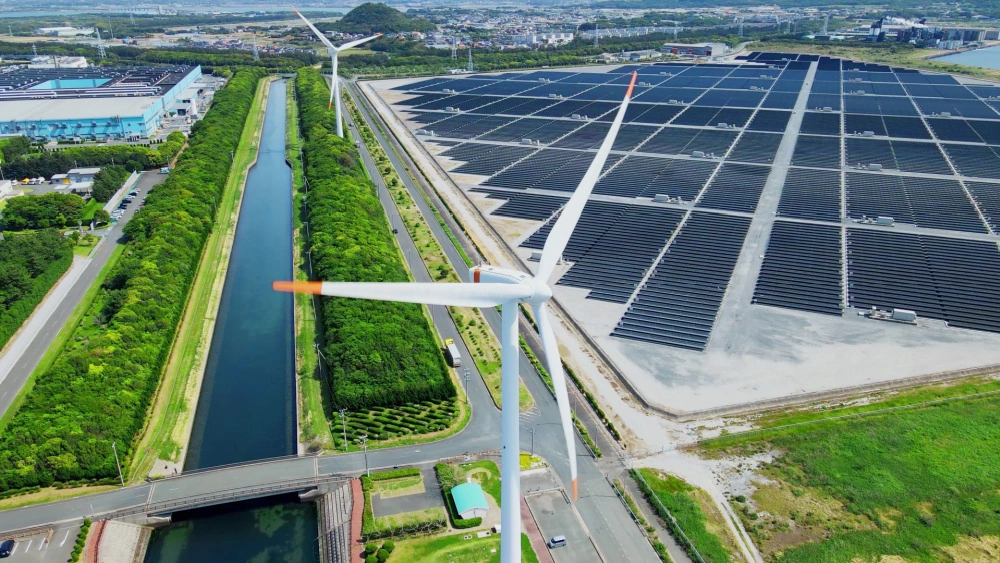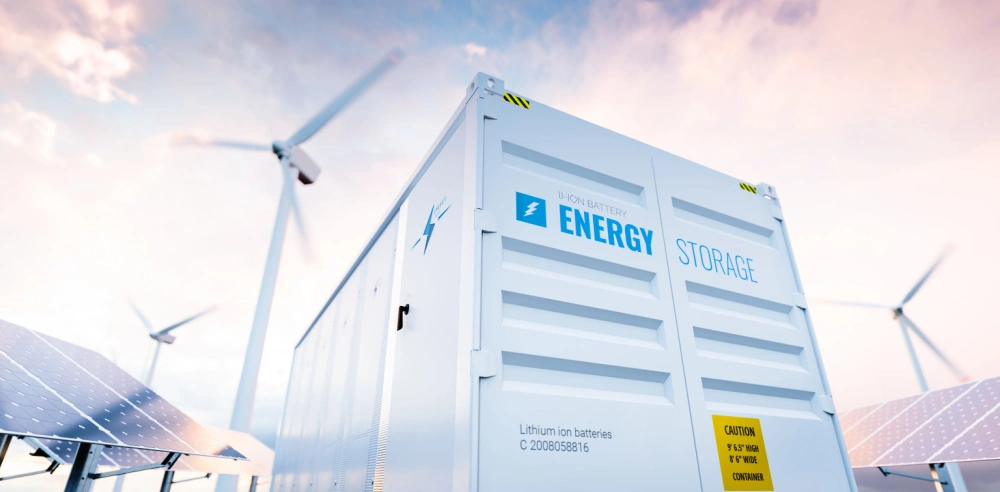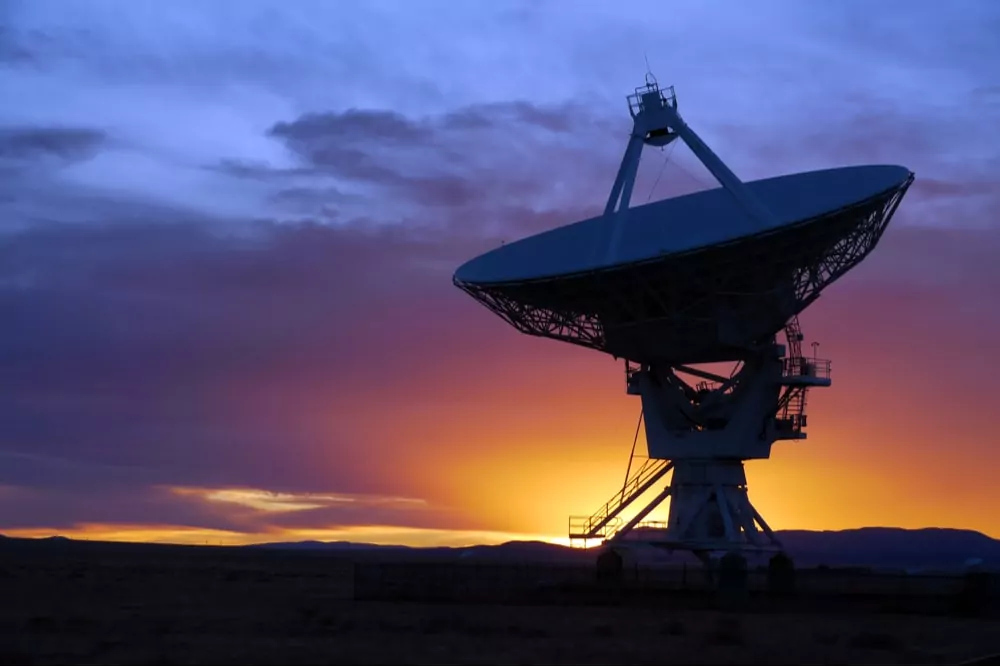
Sustainability in Space is trending: here's what you need to know

By John Catchpole, Rachel Griffith
6 Jul 2022 | 3 minute read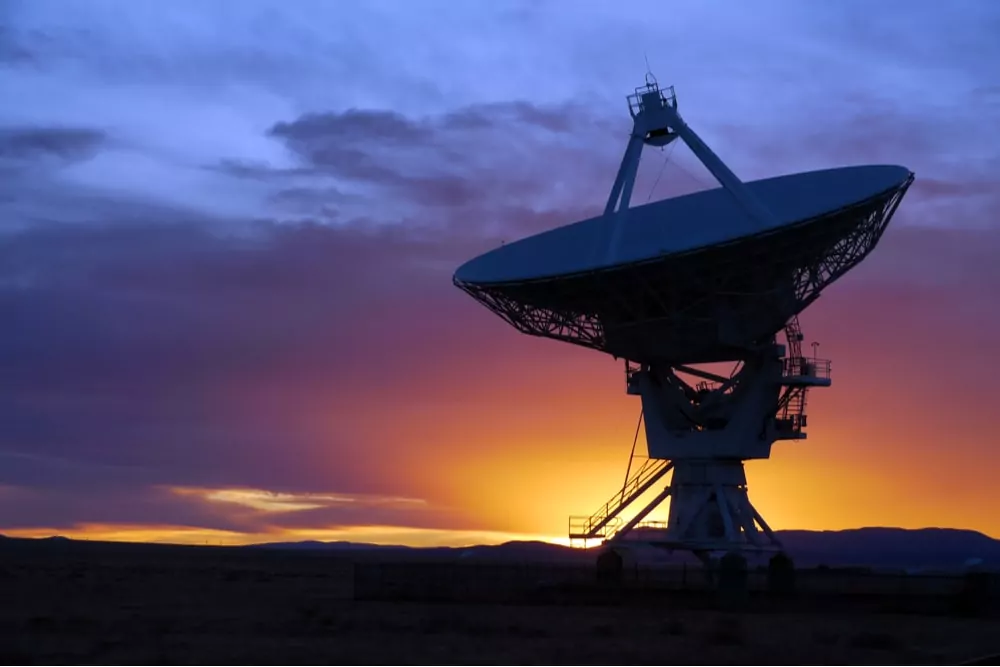
As we gear up for the first ever launch from UK soil at Spaceport Cornwall this summer, excitement about space and the vast and growing opportunities represented by the burgeoning UK space sector has reached astronomical heights.
Unless you've had your head in a black hole, you’ll have noticed that sustainability in space is a trending topic. Just last month, the UK Government unveiled a package of new measures to drive space sustainability and demonstrate the UK's commitment to improve the UK's sustainable use of space. But what does sustainability mean in the context of the space sector and why should it be on everyone's radar?
Sustainability can be looked at from multiple perspectives. In this article, we'll take a look at what sustainability means through the dual lenses of environmental sustainability and economic sustainability.
Environmental Sustainability
Sustainability on Earth
Rocket launches can be a resource-intensive business and the space industry increasingly recognises the need to mitigate the potentially harmful effects of launch on the environment. Our client, Spaceport Cornwall, is one of the trailblazing space businesses leading the way. It’s aiming to be the most sustainable spaceport in the world and is challenging the space industry to commit to greener, more sustainable operations. Spaceport Cornwall's goal is to ensure the horizontal launches planned at the spaceport are significantly more environmentally friendly in part due to the reduced impact on habitats and wildlife close to the launch site.
There are seemingly limitless applications of satellite-derived data. Notably, an increasing demand for Earth observation data, which can help us monitor the impact of climate change on Earth. Our client, Aspia Space, has developed cutting-edge technology combining AI and cloud-penetrating Synthetic Aperture Radar (SAR) to produce clear images of farmland, flood plains, mountain ranges even in the presence of 100% cloud cover. Not only can the tech be used to monitor changes in the Earth's environment, like coastal erosion, it allows farmers to monitor their crop growth and optimise their fertiliser and water use accordingly.
Sustainability in space
We can't talk about space and sustainability without addressing the challenges around space debris and space congestion which, as we’ve explored in a previous article, is one of the biggest threats to the sustainability of the future space environment. There were roughly 330 million pieces of debris in space as of January this year including old satellites, spent rocket bodies and tools dropped by astronauts orbiting the Earth. As we'll uncover in a future article, the space sector itself may provide us with high-tech solutions to solving the space junk problem.
Economic Sustainability
A sustainable space sector
The space sector has historically been heavily reliant on central government funding. One of the keys to ensuring the long-term economic sustainability of the sector is to reduce this reliance on government funding while supporting the growth of the space sector as a self-sustaining commercial enterprise via private finance and investment. But it's not as simple as turning off one funding tap and opening another. In a recent article, we looked at the groundwork that developing space businesses need to put in place to stand the best chance of securing that finance and private investment.
Of course, investment is just one piece of the economic sustainability puzzle. At the recent Built Environment Networking conference 'Space Sector Investment and Development Plans' sponsored by Foot Anstey, the panellists highlighted the importance of using local supply chains to create a vibrant UK-based space economy that can meet the growing demand for low-cost, space-grade materials. The panellists also emphasised how establishing a favourable regulatory regime that prioritises environmentally sustainable practices will be critical to driving inward investment in the UK space economy.
More than meets the (starry) eye
'Sustainability' is a word we often hear bandied about whether from our policymakers or on social media platforms. Turns out, there's a lot more to sustainability in the context of space then you might have thought.
When it comes to achieving more sustainable space operations and business models, Foot Anstey's Space & Satellite team can be your partner and trusted advisor. If you want to find out how you can 'boldly go' while future-proofing your activities and the environment, get in touch with a member of our team.













